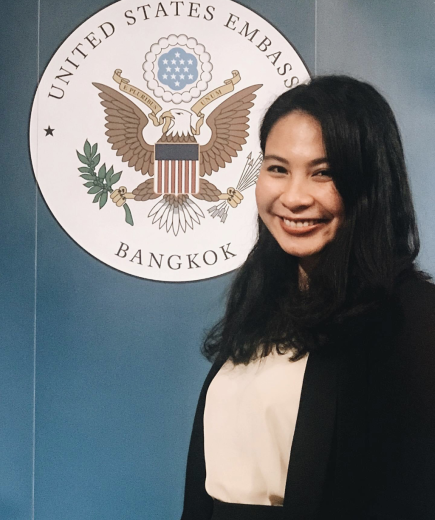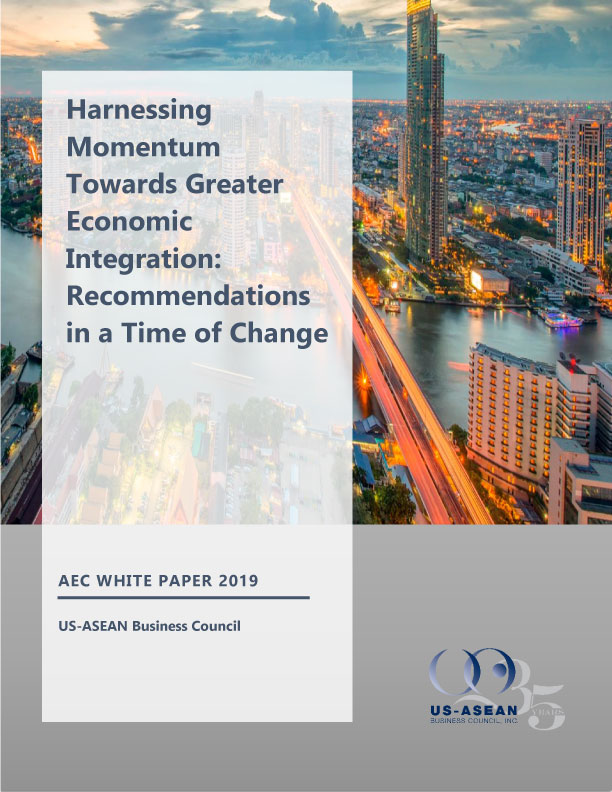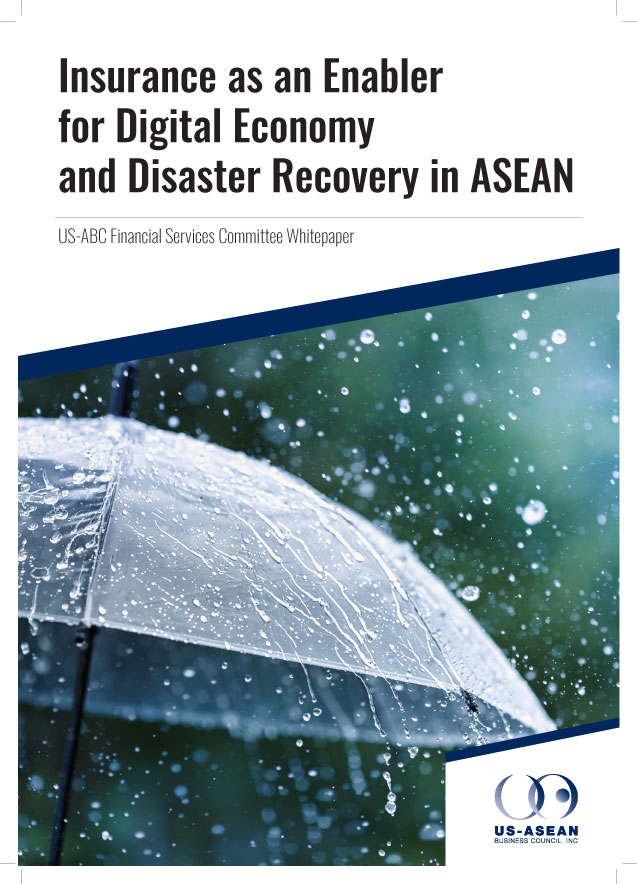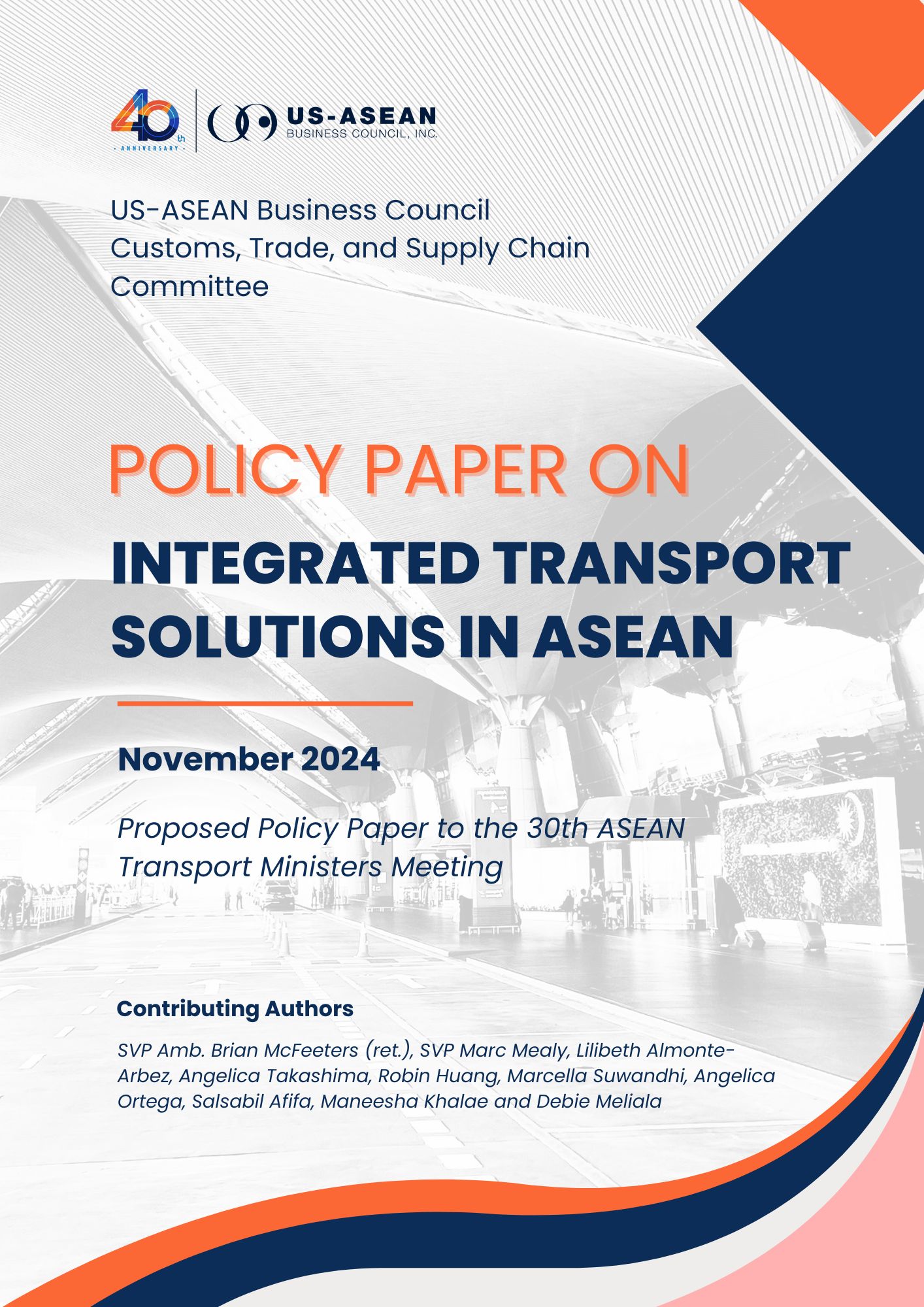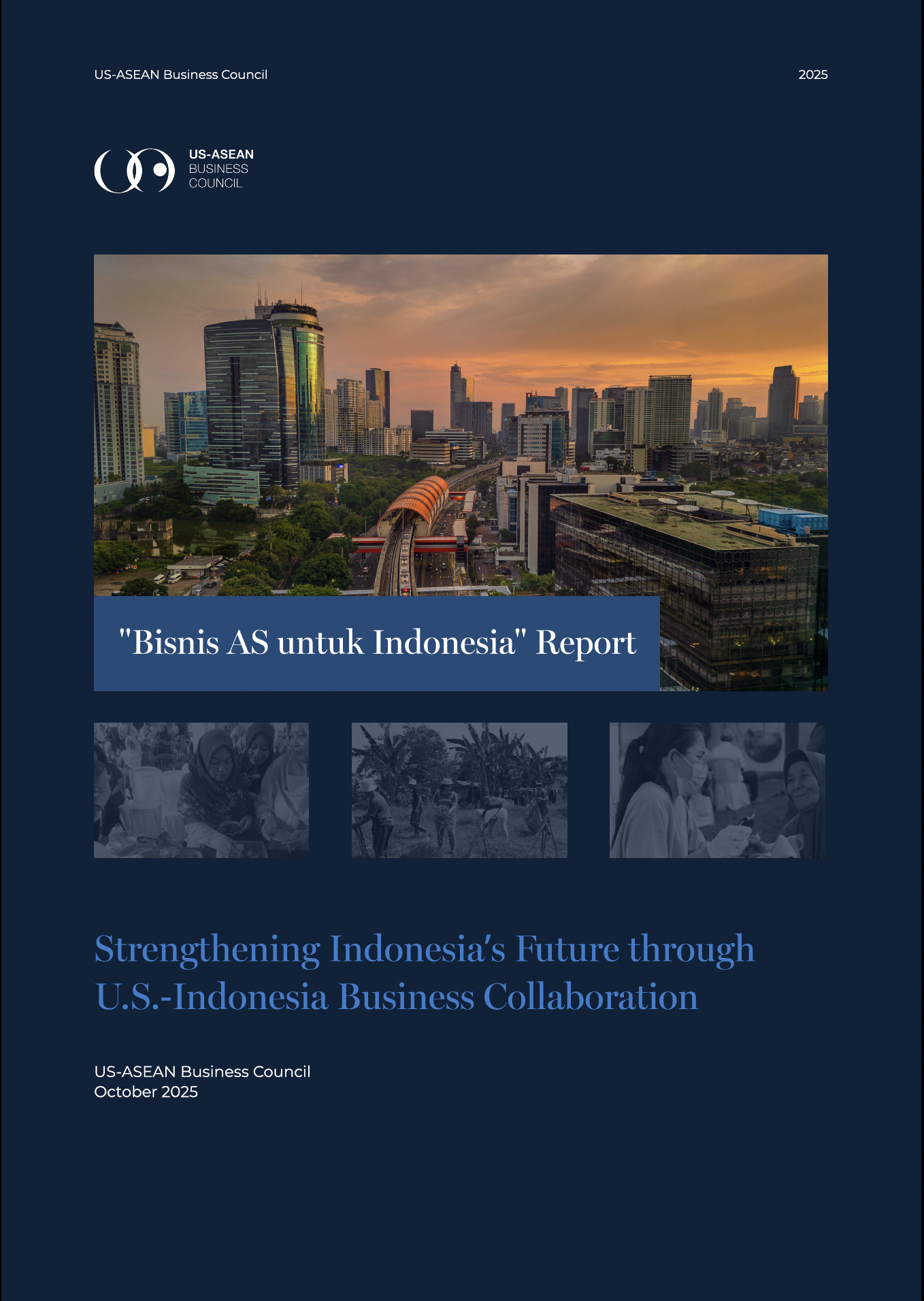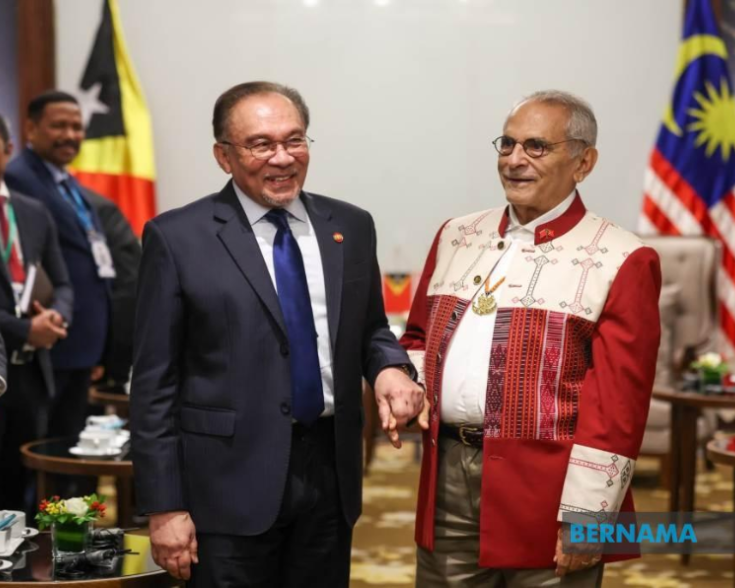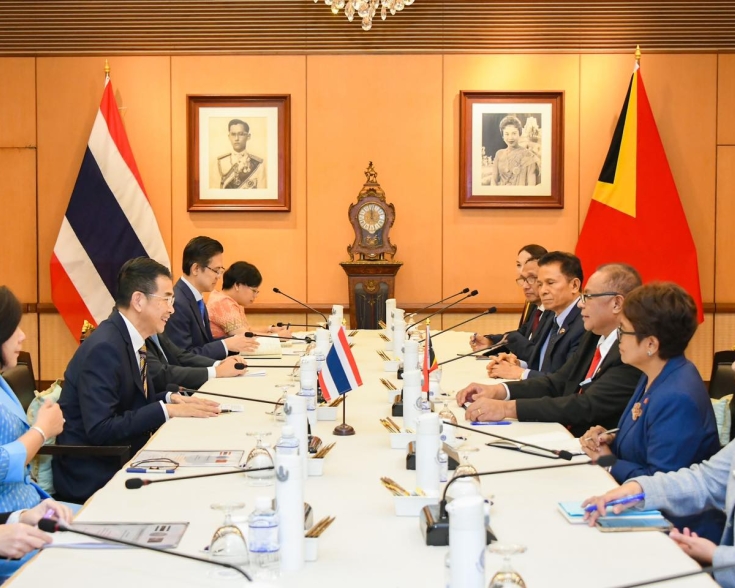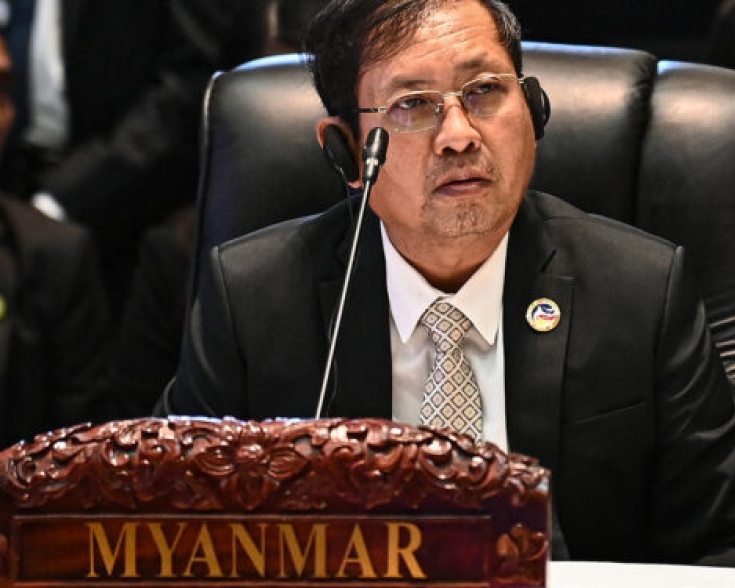Thailand in Transition: The Realignment of Power and Policy
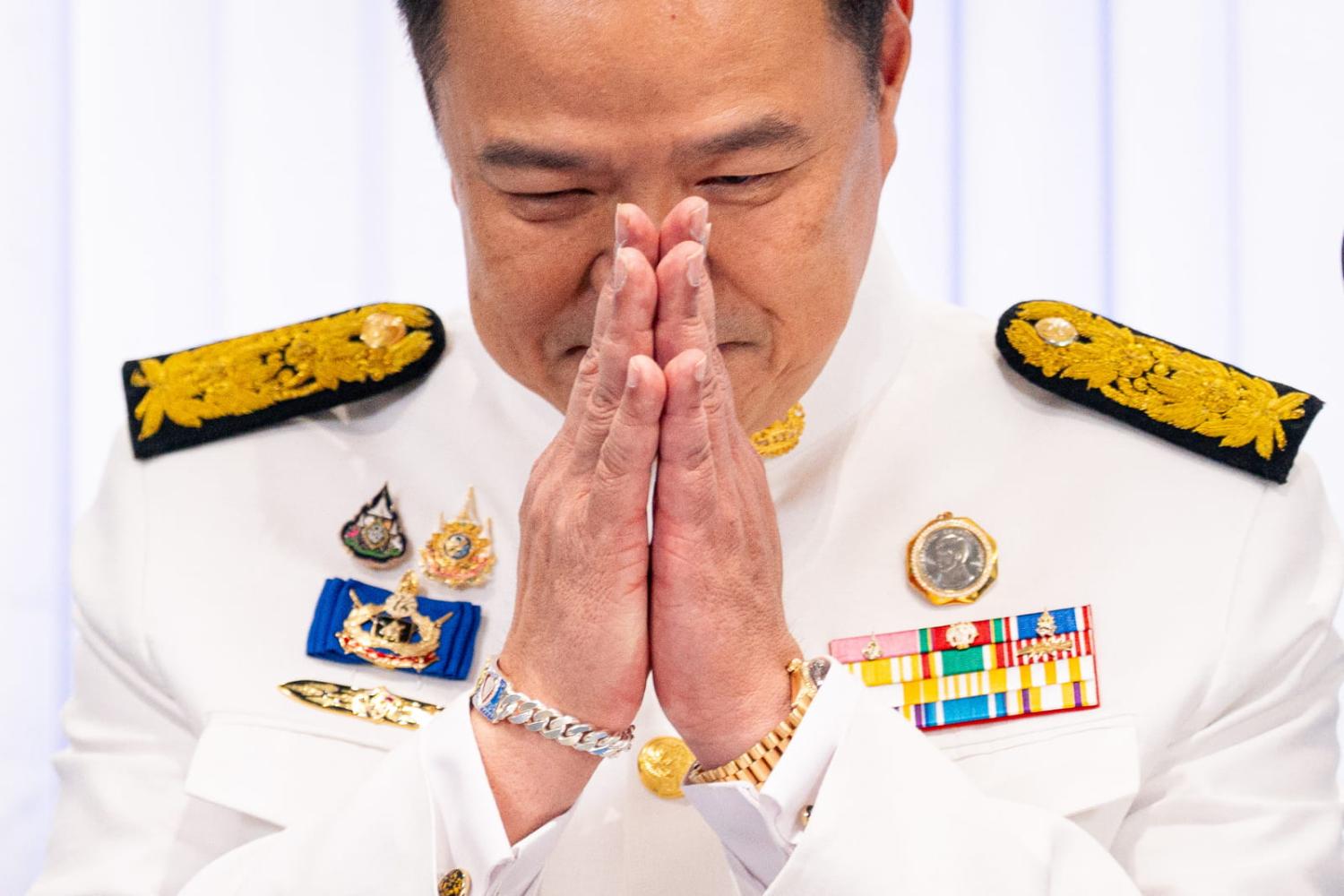
Thailand’s political landscape has undergone a significant realignment following the removal of former Prime Minister Paetongtarn Shinawatra and the appointment of Anutin Charnvirakul as the country’s 32nd Prime Minister. Anutin’s ascent marks a departure from the Shinawatra-family led era in Thai politics and signals a recalibration of influence across Thailand’s politics.
The Leadership Transition
On September 5, 2025, Anutin Charnvirakul, former Deputy Prime Minister and leader of the Bhumjaithai party, was officially elected Thailand’s 32nd Prime Minister with 311 votes in parliament, well above the 247 needed for a majority. His appointment followed a ruling by Thailand’s Constitution Court that disqualified Paetongtarn Shinawatra from office following allegations tied to a leaked phone call with former Cambodian Prime Minister Hun Sen.
Anutin’s premiership was partially secured through a confidence and supply agreement with the opposition People’s Party—not an uncommon arrangement in minority governments. Under this agreement, the People’s Party endorsed his candidacy based on three key conditions: (1) dissolve Parliament within four months, (2) initiate constitutional reform, and (3) refrain from forming a majority government. The People’s Party stated that they will decline cabinet roles to remain in opposition while pledging to monitor the administration and push for systemic change.
Anutin confirmed that the House of Representatives will be dissolved four months after the government delivers its policy statement to the parliament. He stated that “we aim to gather as much input as possible, so that once we are officially in office, we can move forward quickly and efficiently”.
Anutin’s rise also comes amid a series of judicial interventions that have reshaped Thailand’s leadership in recent years, including the 2024 removal of former Prime Minister Srettha Thavisin, the August disqualification of former Prime Minister Paetongtarn Shinawatra, and the subsequent revival of corruption charges against her father, Thaksin Shinawatra. Taken together, these rulings have unsettled the Pheu Thai Party’s leadership and could reshape the broader trajectory of Thai politics.
Before becoming Prime Minister, Anutin Charnvirakul was best known as the leader of the Bhumjaithai Party and a seasoned cabinet member, having served as both Deputy Prime Minister, Minister of Interior, and Minister of Public Health. A businessman by background, he rose to prominence through pragmatic policy initiatives during the Covid-19 pandemic and his high-profile support for the decriminalization of cannabis. His party’s pivotal role in coalition governments positioned him as a power broker in Thai politics long before his formal ascent to the premiership.
PM Anutin’s Priorities: A Four-Month Agenda
Just two days after his appointment, on September 7, Prime Minister Anutin Charnvirakul outlined four top priorities to be implemented within the next four months:
Economic Relief: The government plans to introduce immediate measures to reduce the cost of living, particularly energy and transportation costs. The plan also includes debt-relief programs for farmers and low-income earners, alongside initiatives to boost local community incomes. Although household debt contractedslightly by 0.1% from the previous quarter, Thailand still holds the highest household debt-to-GDP ratio in Southeast Asia.
National Security: The government will focus on resolving the recent Thai - Cambodian border conflict through peaceful means, while safeguarding Thailand’s sovereignty. The prime minister emphasized that swift compensation must be provided to affected families and communities.
Disaster Preparedness: Plans include strengthening disaster-warning and prevention systems and ensuring that rehabilitation and compensation for affected populations are delivered promptly and fairly. This priority follows Thailand’s recent experience with a powerful magnitude 7.7 earthquake in April this year.
Transnational Crime and Social Issues: The government will intensify efforts to combat drug trafficking, human trafficking, online scams, and illegal gambling while closely cooperating with neighboring countries and allies to dismantle transnational criminal networks. Online scams remain a particularly serious problem in Thailand, with estimated annual losses of US$115.3 billion, according to the Global Anti-Scam Alliance (GASA).
To achieve these goals, Prime Minister Anutin has pledged to “work without a holiday” and to appoint only the most capable individuals to his cabinet. He also conveyed optimism about the country's economic direction, stating that “it won’t be going backwards”.
New Cabinet Appointments
On September 19, His Majesty King Maha Vajiralongkorn endorsed the new Thai cabinet. The list of new cabinet was formally published in the Royal Thai Gazette on the same day.
Key Leadership Positions
- Prime Minister and Minister of Interior: Anutin Charnvirakul
- Deputy Prime Minister and Minister of Transport: Phiphat Ratchakitprakarn
- Deputy Prime Minister: Sophon Sarum
- Deputy Prime Minister (Legal Affairs): Borwornsak Uwanno
- Deputy Prime Minister and Minister of Finance: Ekniti Nitithanprapas
- Deputy Prime Minister and Minister of Agriculture and Cooperatives: Thammanat Prompao
- Deputy Prime Minister and Minister of Natural Resources and Environment: Suchart Chomklin
Sectoral Ministers
- Minister of Commerce: Suphajee Suthumpun
- Minister of Culture: Sabeeda Thaised
- Minister of Defence: Gen. Nattaphon Nakpanit
- Minister of Digital Economy and Society: Chaichanok Chidchob
- Minister of Education: Narumon Pinyosinwat
- Minister of Energy: Atthapol Rerkpiboon
- Minister of Foreign Affairs: Sihasak Phuangketkeow
- Minister of Higher Education, Science, Research and Innovation: Surasak Pancharoenworakul
- Minister of Industry: Thanakorn Wangboonkongchana
- Minister of Justice: Pol. Lt. Gen. Rutthapol Naowarat
- Minister of Labour: Treenuch Thienthong
- Minister of Public Health: Pattana Promphat
- Minister of Social Development and Human Security: Akara Prompao
- Minister of Tourism and Sports: Atthakorn Sirilatthayakorn
The official announcement of the full new cabinet can be found on the Royal Thai Gazette here (Thai language)
Key Economic and Trade Appointments
Several key economic and trade appointments signal a shift toward leadership with strong private-sector and diplomatic experience, including:
Minister of Commerce: H.E. Suphajee Suthumpun has been appointed Minister of Commerce, replacing H.E. Jatuporn Buruspat. A former Group CEO of Dusit Thani and the first female General Manager of IBM Thailand, she brings a strong private-sector background and is widely respected in Thai business circles.
Minister of Foreign Affairs: H.E. Sihasak Phuangketkeow has been appointed Minister of Foreign Affairs, replacing H.E. Maris Sangiampongsa. A former Thai ambassador to Switzerland and Japan, he has held extensive diplomatic positions, including Deputy Foreign Minister and Permanent Secretary of the Ministry of Foreign Affairs. He also brings in experience engaging with the Cambodian government during the 2003 Thai embassy incident, while serving as Director-General of the Department of Information and spokesperson for the Foreign Ministry, which may prove relevant to dealing with the ongoing Thailand-Cambodian border issues.
Minister of Finance: H.E. Ekniti Nitithanprapas has been appointed Minister of Finance, replacing H.E. Pichai Chunhavajira. He has had an extensive career in public service, including roles as Financial Attaché for the United Kingdom and Europe under the Ministry of Finance, spokesperson for the Ministry, securities analyst at Phatra Thanakit, Deputy Director of the Fiscal Policy Office, Director of the State Enterprise Policy Office, and Director-General of the Revenue Department, Excise Department, and Treasury Department.
Minister of Energy: H.E. Auttapol Rerkpiboon has been appointed as the Minister of Energy, replacing H.E. Dr. Siri Jirapongphan. A former president and CEO of Thailand’s state-owned oil and gas company, PTT, he served in the role until 2024 and is credited with steering the company through the economic turmoil caused by the Covid-19 pandemic. His appointment aligns with the new prime minister’s top priority of reducing energy prices and is likely to serve as an early test of the administration’s agenda.
The Shifting Political Power Dynamics
The political landscape is changing, and while the main contest is between Pheu Thai and the People's Party, the role of other parties remains crucial. The Pheu Thai Party, despite forming a government, is facing a significant decline in public approval. This is largely attributed to its controversial coalition with parties like Bhumjaithai and its former rivals, as well as the handling of ex-PM Thaksin Shinawatra's return. Following his release on paroleafter a hospital stay, a recent Supreme Court ruling has ordered him to serve his sentence in prison, further eroding public trust.
Meanwhile, the opposition, now the People's Party after the dissolution of its predecessor, has maintained a dominant lead in polls, highlighting a growing disconnect between the government's parliamentary power and its public mandate. Other parties, such as the Democrat Party and Bhumjaithai, also factor into this shifting dynamic. The Democrat Party, a long-established political force, is widely considered to be in a state of crisis with its relevance waning in a polarized environment and its support in consistent decline. Bhumjaithai, on the other hand, remains a significant player as a key partner in the current coalition, representing a traditional, regional-based faction.
The fragmentation of power, coupled with the erosion of trust in long-established parties, suggests that any future election will not just be a two-horse race. The outcome may depend on the ability of smaller parties to secure enough seats to hold the balance of power, and whether the established conservative parties can reverse their trend of declining support.
The Road Ahead
Prime Minister Anutin Charnvirakul’s cabinet appointments reflect a strategic shift toward professional expertise, with key ministries led by seasoned officials and private-sector executives. The blend of public and private sector leadership is designed to restore investor confidence and stabilize an economy facing high household debt, inflationary pressure, and global trade uncertainty. The administration’s four-month mandate has placed urgency on delivering tangible results, particularly in cost-of-living relief and regional security.
While public trust in governance remains a challenge, the administration’s emphasis on professional leadership and regional cooperation offers a promising foundation for rebuilding confidence and positioning Thailand as a forward-looking economy. As the country navigates economic headwinds and evolving geopolitical dynamics, the next few months will be critical in shaping Thailand’s trajectory.
